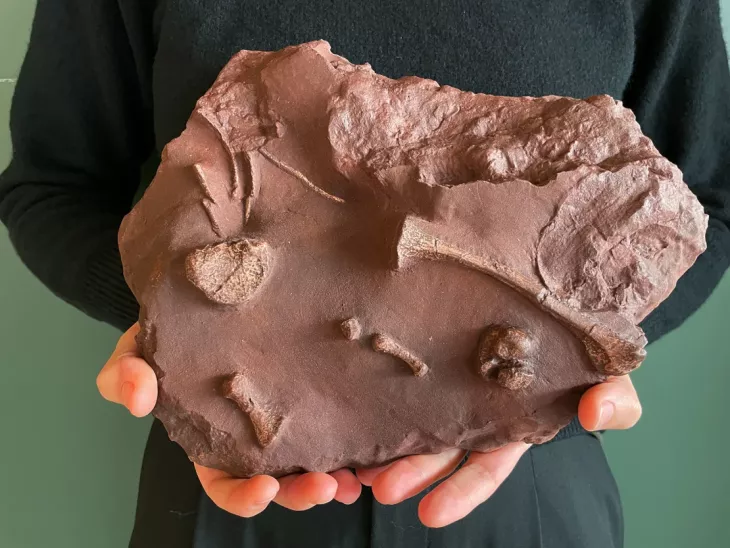Gorgonopsia, known for their long, sharp teeth, were dominant terrestrial carnivores long before the age of the dinosaurs
Before dinosaurs appeared on Earth and tens of millions of years before the first mammals appeared, distant mammalian relatives with long, sharp teeth were the dominant carnivores on land. The first animals in this lineage, called Gorgonopsia, were missing from the fossil record. But the discovery of a newly identified Gorgonopsia – the oldest toothed animal ever found – fills a long-standing gap in the group’s history.
A remarkable fossil discovery in Mallorca, Spain, has revealed the earliest known Gorgonopsian, an ancient carnivore with razor-sharp teeth that roamed the Earth 280-270 million years ago. This discovery fills a critical gap in evolution history of the Theriapsids (therapsids), a group that includes not only the Gorgonopsia, but also the ancestors of modern mammals.
The Mermaidsknown for their long, sharp teeth, were dominant terrestrial carnivores long before the age of the dinosaurs. The newly identified specimen, about the size of a medium-sized dog and weighing around 30-40 kg, offers a rare insight into the early evolution of Theriapsids. Unlike mammals, Gorgonopsia had teeth that grew continuously throughout their lives, like modern crocodiles.
The fossil, which includes part of the animal’s skull, jaws and limb bones, offers important clues to the origin of mammals. Its age helps clarify a major gap in the fossil record, as therapsids are thought to have appeared around 300 million years ago, but weren’t found until about 270 million years ago.
This discovery, made during during excavations in 2019 and 2021, also suggests that important evolutionary events may have occurred in tropical regions, offering new clues to the origin of mammals. As scientists continue to explore new areas for ancient fossils, the Mallorca discovery highlights the untapped potential for discovering more evidence about the early days of mammals and their distant relatives.
Source :Skai
I am Terrance Carlson, author at News Bulletin 247. I mostly cover technology news and I have been working in this field for a long time. I have a lot of experience and I am highly knowledgeable in this area. I am a very reliable source of information and I always make sure to provide accurate news to my readers.











